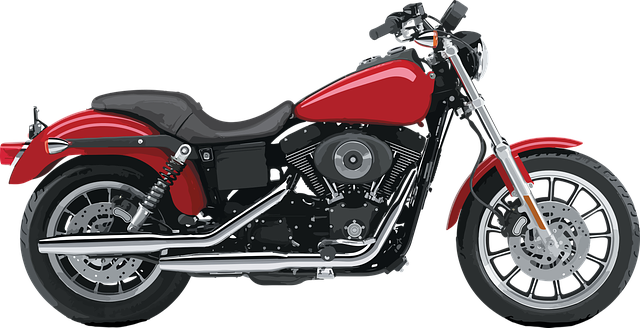When it comes to owning a motorcycle, there’s nothing quite like the thrill of hitting the open road with the wind in your face. However, just like any other vehicle, owning a motorcycle also comes with responsibilities, one of which is obtaining motorcycle insurance. While insurance is crucial for protecting yourself and your bike in case of accidents or unforeseen events, the cost of motorcycle insurance can vary significantly based on several factors.
In this comprehensive guide, we will delve into the various aspects that influence motorcycle insurance costs, helping you make informed decisions and find the best coverage that suits your needs and budget.

Motorcycle Type and Model
One of the primary factors influencing motorcycle insurance costs is the type and model of the bike you own. High-performance sports bikes and exotic models generally cost more to insure than standard or commuter bikes. The reason behind this is that high-performance bikes are more likely to be involved in accidents due to their speed and handling capabilities, resulting in higher repair costs.
Rider’s Age and Experience
Insurance providers consider the rider’s age and experience as crucial risk indicators. Younger and less experienced riders are statistically more prone to accidents, making them riskier to insure. As a result, younger riders typically face higher insurance premiums than older, more experienced riders.
Riding Record and Claims History
Your riding record plays a significant role in determining your insurance costs. A history of traffic violations or previous claims may label you as a high-risk rider, leading to higher premiums. On the other hand, a clean riding record with no claims will be rewarded with lower insurance costs.
Location and Riding Habits
The geographic location where you ride your motorcycle also impacts insurance costs. Areas with higher traffic congestion or a higher incidence of motorcycle accidents are considered riskier, leading to increased premiums. Additionally, where you store your bike, such as in a secure garage versus parking it on the street, can influence the cost of insurance.

Annual Mileage
The more you ride, the higher the chances of being involved in an accident. Insurance providers take into account your annual mileage when calculating premiums. If you use your motorcycle for daily commuting or long-distance rides, expect higher insurance costs compared to those who ride less frequently.
Safety Features and Modifications
Motorcycles equipped with advanced safety features such as anti-lock brakes, traction control, and theft deterrent systems are generally safer to ride and may qualify for discounts on insurance premiums. Conversely, modifications that increase the bike’s performance or alter its appearance may raise insurance costs due to the increased risk and repair expenses.
Coverage Levels and Deductibles
The type and level of coverage you choose will naturally affect your insurance costs. Opting for comprehensive coverage with higher limits will result in higher premiums. Similarly, choosing a lower deductible means the insurance company will cover more of the repair costs in case of an accident, but it also means higher monthly premiums.
Insurance Provider and Discounts

Different insurance companies have their own unique algorithms for calculating premiums, so rates can vary significantly between providers. Shopping around and comparing quotes from multiple insurers is essential to find the best rates. Additionally, many insurers offer various discounts, such as multi-policy discounts, safe rider discounts, or discounts for completing motorcycle safety courses.
In conclusion, understanding the factors that influence motorcycle insurance costs is vital for any motorcycle owner. From the type of bike you ride to your age, riding record, and even where you live, numerous variables play a role in determining your insurance premiums.
To secure the best coverage at an affordable price, it’s essential to assess your individual needs, shop around for quotes, and take advantage of available discounts. By doing so, you can confidently hit the road, knowing you and your beloved motorcycle are well-protected.









